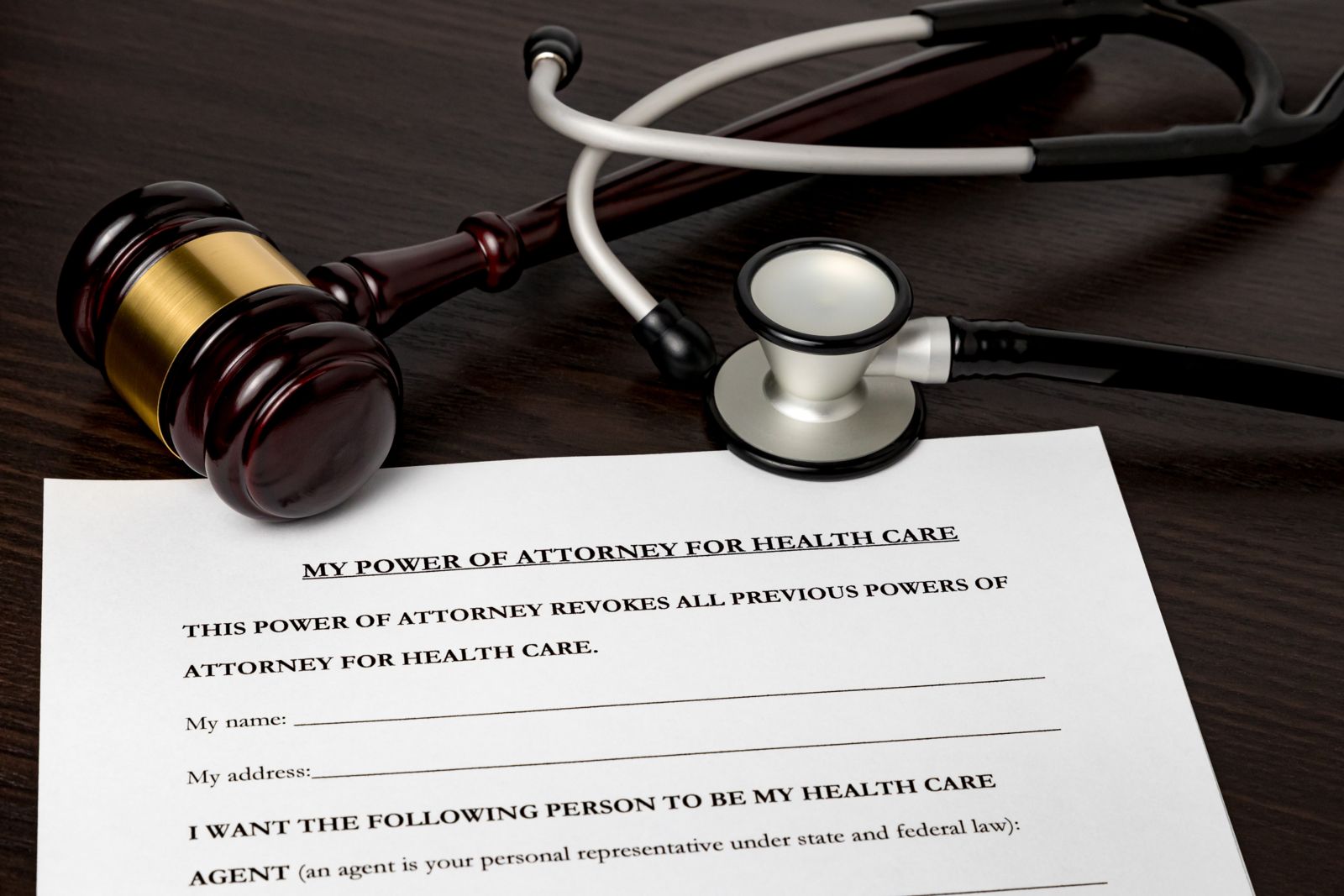
It is imperative for anyone who is 18 years of age or older to have a medical directive while they
are still of sound mind and body. A medical directive, also known as an advance healthcare
directive, is a legal document in which you set forth the measures that should be taken for your
health in the event that you become incapacitated. A directive enables you to plan your
medical treatment in advance in the event that you are unable to express your personal health
care preferences. Additionally, a directive allows you to express your wishes about the use of
emergency measures to sustain life, including the use of CPR, a ventilator, artificial nutrition
(“tube feeding”) and palliative care (known as “end of life care,” which includes decisions
related to what measures should be taken to provide you with physical comfort, meet your
mental and emotional needs and handle practical tasks). It is essential that you spend the time
needed for advance care planning. Doing so eliminates any ambiguity related to the medical
care you wish to receive when you no longer have the mental capacity to express those
decisions yourself. In addition, an advanced health care directive ensures that your wishes will
be followed because HIPAA (The Health Insurance Portability and Accountability Act) prohibits
doctors, hospitals or other health care providers from discussing any medical information with
family or friends absent your consent. Medical directives apply only when a person is alive, not
after the person has passed away. It is imperative that people work with a Trusts and Estates
attorney to ensure that their medical directives accurately reflect their wishes. Christina
Malyan prides herself on working hand-in-hand with her clients to make sure their needs are
met. For a free consultation, contact Malyan Law at (818) 638-0082.



